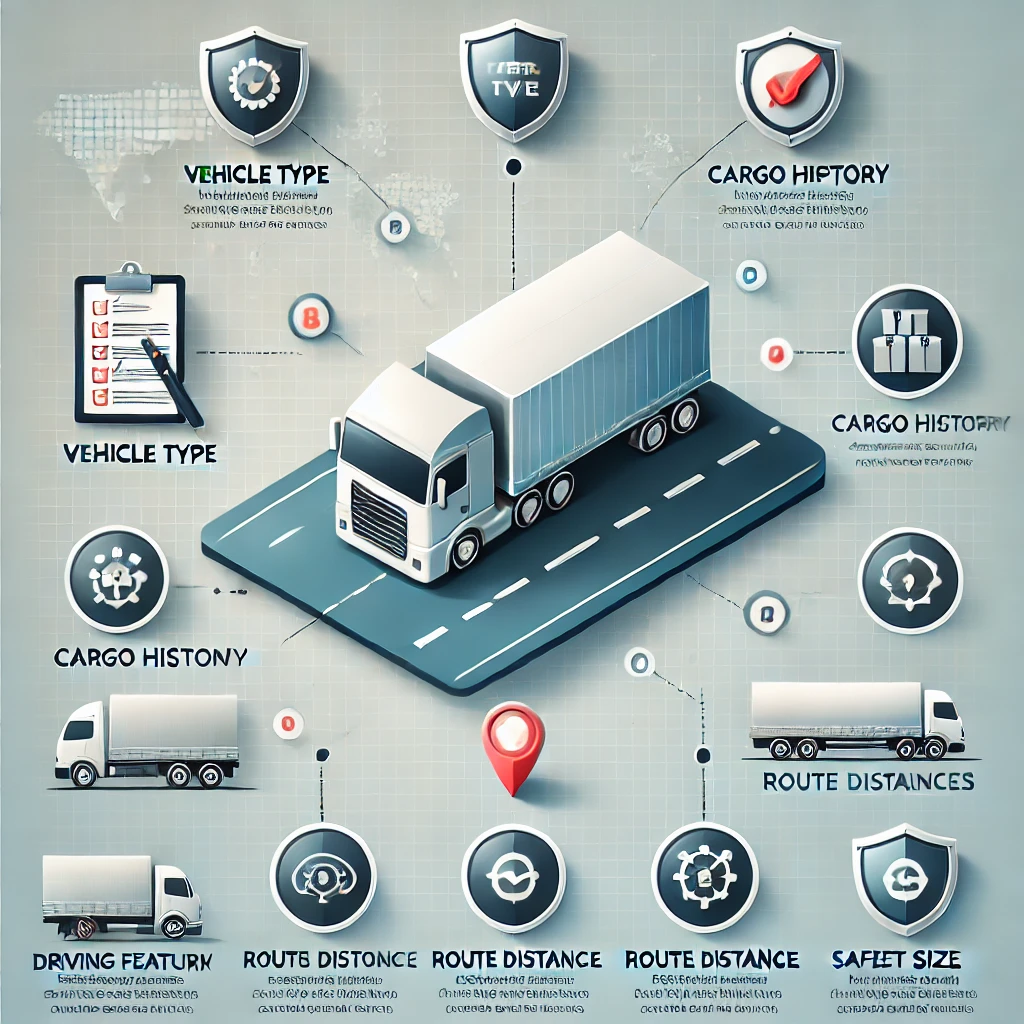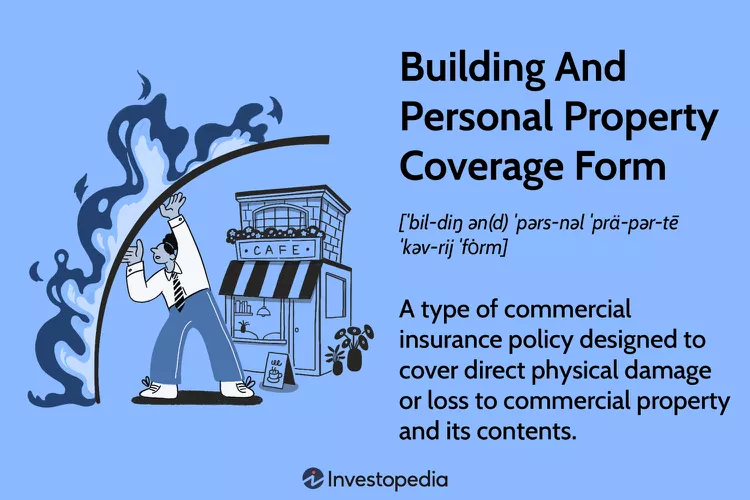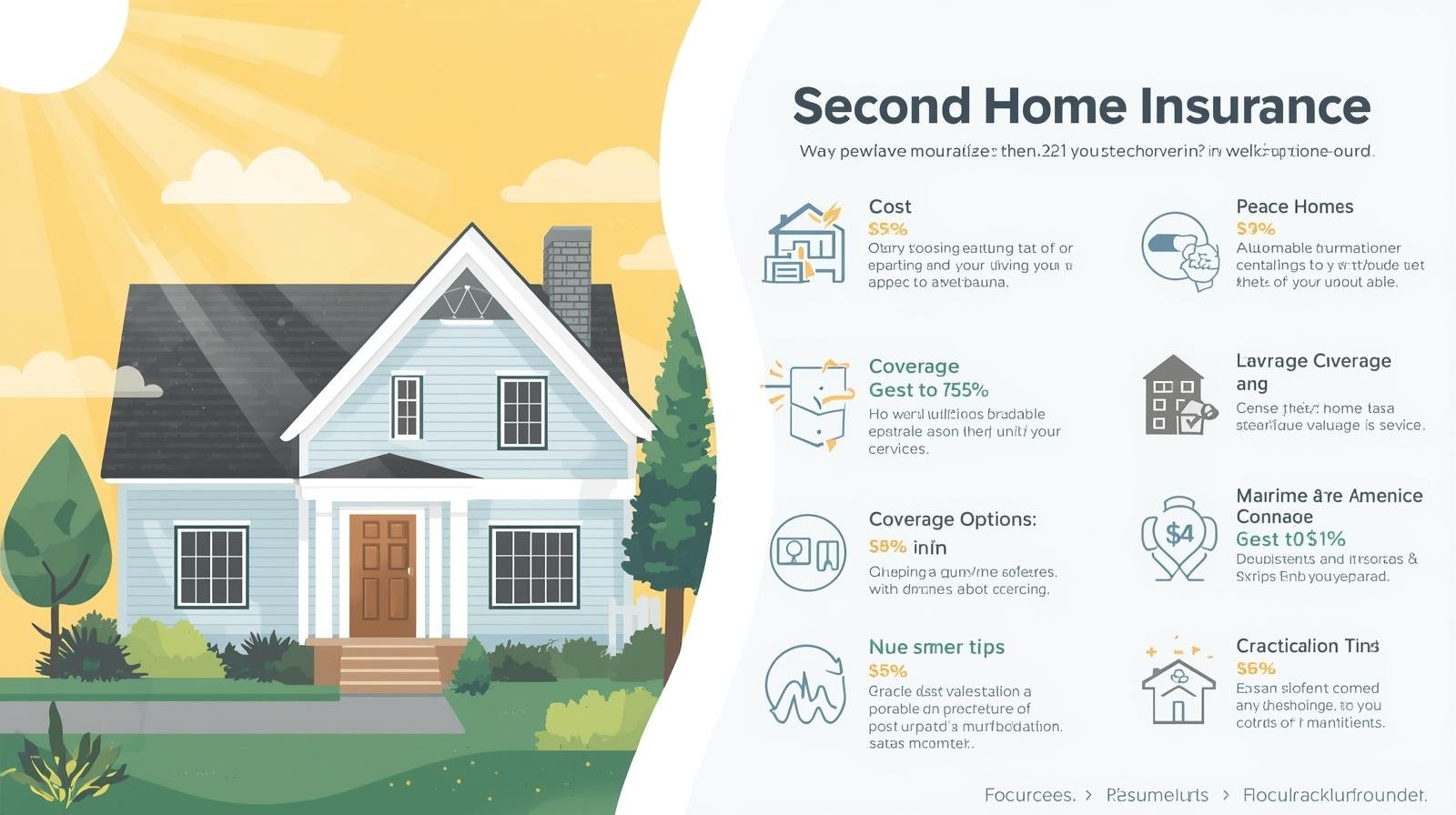
Commercial truck insurance is essential for businesses that rely on trucks for transporting goods, materials, or equipment. This type of insurance provides financial protection for your trucks, drivers, and cargo in case of accidents, theft, or other unforeseen events. In this article, we’ll explore the key aspects of commercial truck insurance, why it’s important, the coverage options available, and how to find the best policy for your business.
What Is Commercial Truck Insurance?
Commercial truck insurance is a specialized policy designed to cover trucks used for business purposes. Unlike personal auto insurance, it provides broader coverage tailored to the unique risks associated with commercial trucking. This includes coverage for liability, physical damage, and cargo.
Why Do You Need Commercial Truck Insurance?
Legal Compliance
Federal and state laws require commercial vehicles to have a minimum amount of liability insurance. The Federal Motor Carrier Safety Administration (FMCSA) mandates specific coverage limits depending on the type of cargo and weight of the truck.
Protect Your Investment
Trucks are significant investments, often costing hundreds of thousands of dollars. Insurance protects this asset from damage due to accidents, natural disasters, or theft.
Financial Security
Accidents involving commercial trucks can result in significant expenses, including medical bills, property damage, and legal costs. Insurance ensures you’re not financially burdened by these costs.
Business Continuity
Having adequate coverage helps your business recover quickly from incidents, minimizing downtime and ensuring continued operations.
Types of Commercial Truck Insurance Coverage
- Primary Liability Insurance
Covers damages to other people or property if the driver is at fault in an accident. - Physical Damage Coverage
Protects against damage to your truck from collisions, theft, vandalism, or natural disasters. - Cargo Insurance
Covers the goods being transported in case of loss or damage. - Non-Trucking Liability Insurance
Provides coverage when the truck is being used for personal purposes and not for business. - Bobtail Insurance
Specifically for when a truck is operating without a trailer, usually after a delivery. - General Liability Insurance
Covers third-party claims that might arise outside of driving, such as loading or unloading accidents. - Uninsured/Underinsured Motorist Coverage
Protects your business if another driver involved in an accident lacks sufficient insurance.
Factors Affecting Commercial Truck Insurance Costs:

Read Also: Why is Child Insurance Important
The cost of commercial truck insurance can vary widely based on several factors. Insurers evaluate a range of variables to assess risk and determine premiums. Understanding these factors can help businesses find ways to lower costs while maintaining adequate coverage.
Type of Truck
The make, model, age, and size of your truck significantly impact insurance costs.
- Heavy-duty vs. Light-duty: Heavier trucks or specialized vehicles (e.g., tankers or refrigerated trucks) typically cost more to insure due to the increased risk and repair costs.
- Age and Condition: Newer trucks might cost more to repair but could also qualify for discounts due to modern safety features. Older trucks may have higher premiums if they lack updated safety technology.
Cargo Type
The type of goods transported plays a crucial role in determining premiums.
- High-Risk Cargo: Transporting hazardous materials, chemicals, or high-value items increases risk and, therefore, insurance costs.
- General Freight: Standard goods like clothing or furniture usually result in lower premiums.
Distance and Routes
The distance your trucks travel and the routes they take directly influence premiums.
- Local vs. Long-Haul: Local trucking operations often have lower premiums compared to long-haul trucking due to reduced exposure to accidents.
- High-Risk Areas: Operating in areas with heavy traffic, adverse weather conditions, or high crime rates can lead to higher premiums.
Vehicle Usage
How frequently and intensively your trucks are used affects the premium.
- Annual Mileage: Higher mileage increases wear and tear, leading to higher premiums.
- Purpose of Use: Trucks used for frequent, high-risk jobs may incur more costs compared to occasional usage.
Location
Where your business is based and where your trucks operate also influence costs.
- Urban vs. Rural: Trucks operating in urban areas with dense traffic and higher accident rates tend to have higher premiums.
- State Regulations: Some states have stricter insurance requirements, which can affect premiums.
Safety Features

Equipping your trucks with advanced safety technology can reduce insurance costs.
- Collision Avoidance Systems: Devices that prevent or reduce the severity of accidents can lower premiums.
- Telematics: Installing systems to monitor driver behavior can demonstrate a commitment to safety and result in discounts.







Leave a Reply